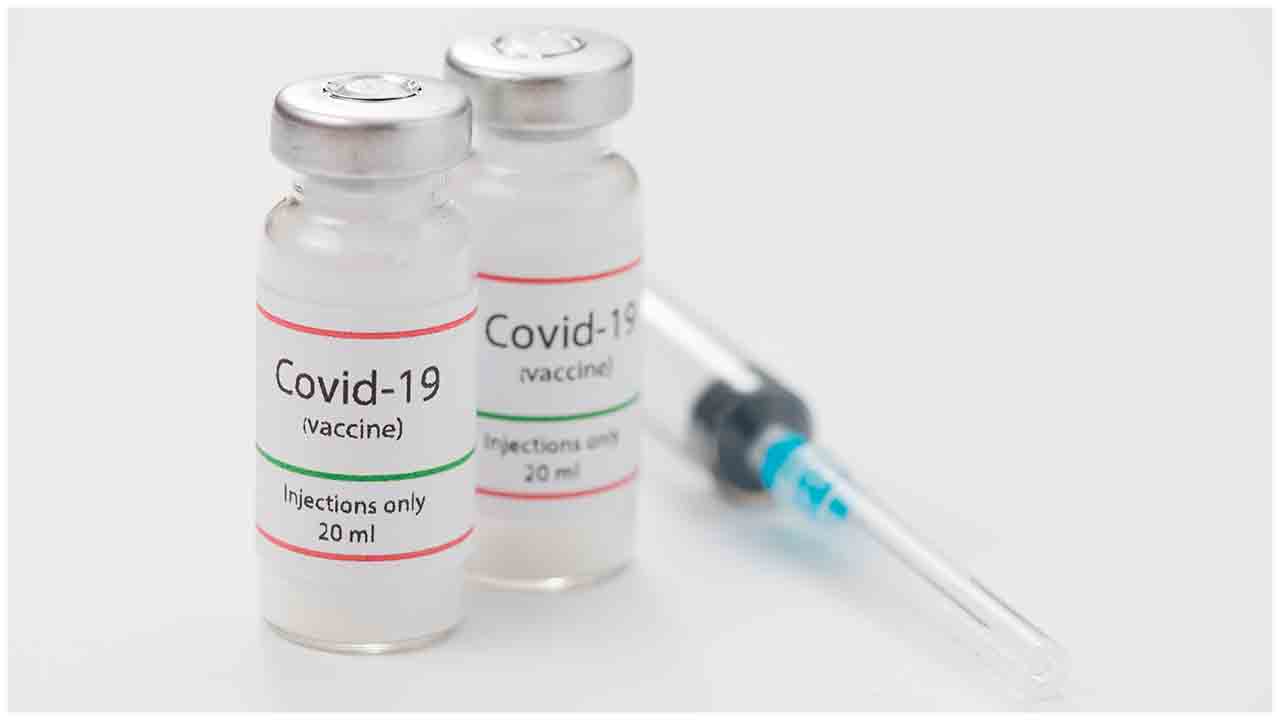The World Health Organization chief said on Monday there are around seven or eight "top" candidates for a vaccine to combat the novel coronavirus and work on them is being accelerated.
WHO Director-General Tedros Adhanom Ghebreyesus told in a UN Economic and Social Council video briefing that as per initial presumption two months ago it might take 12 to 18 months for a vaccine. But he said an accelerated effort is underway, helped by 7.4 billion euros ($8 billion) pledged a week ago by leaders from 40 countries, organizations and banks for research, treatment, and testing.
"We have good candidates now," Tedros said. "The top ones are around seven, eight. But we have more than a hundred candidates."
He said the $8 billion will not be enough, and additional funds will be needed to speed up the development of a vaccine, but more importantly to produce enough "to make sure that this vaccine reaches everyone — (and) there’s no one be left behind."
In another statement WHO clarified about the rumours associated with Covid 19 and tobacco use, WHO is constantly evaluating new research, including research that examines the link between tobacco use, nicotine use, and COVID-19. WHO urges researchers, scientists, and the media to be cautious about amplifying unproven claims that tobacco or nicotine could reduce the risk of COVID-19. There is currently insufficient information to confirm any link between tobacco or nicotine in the prevention or treatment of COVID-19.
Tobacco kills more than 8 million people globally every year. More than 7 million of these deaths are from direct tobacco use and around 1.2 million are due to non-smokers being exposed to second-hand smoke.
Tobacco smoking is a known risk factor for many respiratory infections and increases the severity of respiratory diseases. A review of studies by public health experts convened by WHO on 29 April 2020 found that smokers are more likely to develop severe disease with COVID-19, compared to non-smokers.
COVID-19 is an infectious disease that primarily attacks the lungs. Smoking impairs lung function making it harder for the body to fight off coronaviruses and other diseases. Tobacco is also a major risk factor for noncommunicable diseases like cardiovascular disease, cancer, respiratory disease, and diabetes which put people with these conditions at higher risk for developing severe illness when affected by COVID-19. Available research suggests that smokers are at higher risk of developing severe disease and death.
Nicotine replacement therapies, such as gum and patches are designed to help smokers quit tobacco. WHO recommends that smokers take immediate steps to quit by using proven methods such as toll-free quitlines, mobile text-messaging programmes, and nicotine replacement therapies.
Within 20 minutes of quitting, elevated heart rate and blood pressure drop. After 12 hours, the carbon monoxide level in the bloodstream drops to normal. Within 2-12 weeks, circulation improves, and lung function increases. After 1-9 months, coughing and shortness of breath decrease.
WHO stresses the importance of ethically approved, high-quality, systematic research that will contribute to advancing individual and public health, emphasizing that the promotion of unproven interventions could have a negative effect on health.

 WHO Director-General Tedros Adhanom Ghebreyesus told in a UN Economic and Social Council video briefing that as per initial presumption two months ago it might take 12 to 18 months for a vaccine.
WHO Director-General Tedros Adhanom Ghebreyesus told in a UN Economic and Social Council video briefing that as per initial presumption two months ago it might take 12 to 18 months for a vaccine. 









.jpeg)







.jpeg)

.jpg)










